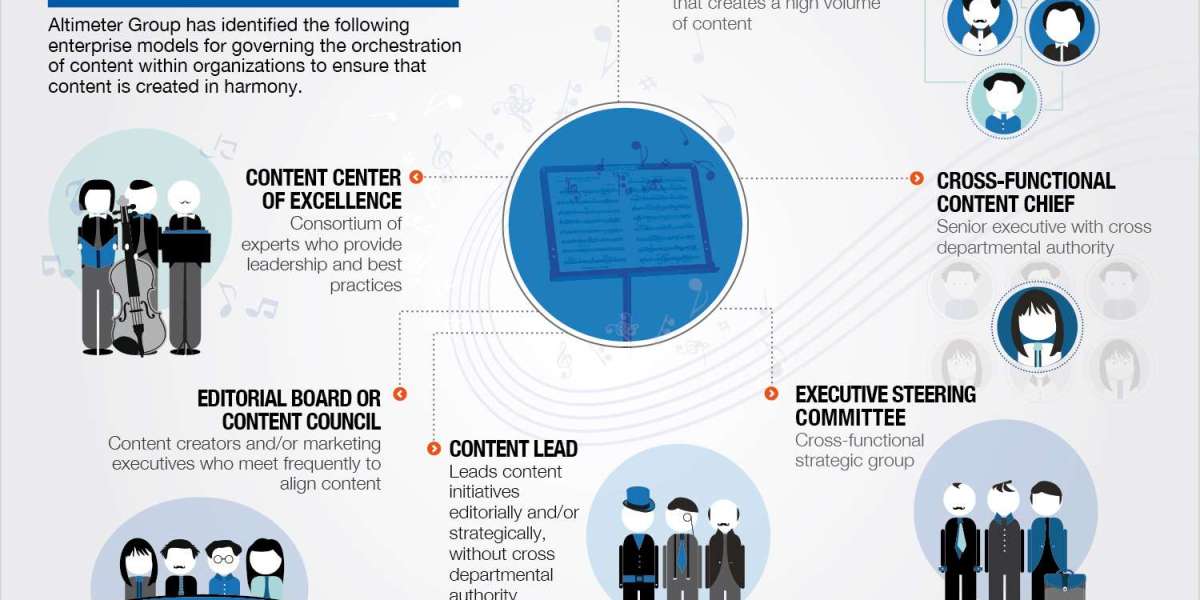The solar inverter market has been witnessing significant growth as renewable energy adoption accelerates worldwide. Solar inverters, crucial for converting DC power generated by solar panels into usable AC power, play a pivotal role in the efficiency and reliability of solar energy systems. However, despite promising demand, the market faces several challenges that could impact its trajectory if not properly addressed.
One of the primary challenges in the solar inverter market is the high initial cost associated with advanced inverter technologies. While traditional string inverters remain common, the rising adoption of more efficient but costlier options such as microinverters and power optimizers creates a financial barrier for many end-users. The upfront investment for these advanced inverters can be prohibitive, especially in price-sensitive regions, limiting market penetration and growth.
Technological complexity is another significant challenge affecting the solar inverter market. As the demand for smarter and more integrated energy solutions increases, inverters need to incorporate advanced features such as grid management, energy storage compatibility, and IoT connectivity. Designing inverters that can seamlessly communicate with smart grids and energy management systems requires significant research and development efforts. Additionally, ensuring reliability and minimizing failure rates in such complex devices remains a key concern for manufacturers and users alike.
Regulatory hurdles and policy inconsistencies across different regions add another layer of difficulty for solar inverter market players. Varying grid codes, certification requirements, and safety standards can slow down product launches and increase compliance costs. In many emerging markets, unclear or frequently changing regulations pose risks to investors and manufacturers, reducing the attractiveness of solar projects that rely on high-quality inverters.
Supply chain disruptions have also become a notable challenge in recent years. The global semiconductor shortage and logistical constraints caused by geopolitical tensions and the COVID-19 pandemic have severely impacted the production and delivery of critical inverter components. These disruptions have led to delays in project timelines and increased prices, affecting both manufacturers and end consumers. The solar inverter market’s reliance on specialized components means that supply chain resilience is essential for sustained growth.
Competition within the solar inverter market is intensifying as new players enter the space, driving the need for differentiation through innovation and cost-efficiency. Established companies face pressure to continuously improve product performance and reduce costs while maintaining high reliability. This competitive environment can strain resources and impact profitability, particularly for smaller companies without strong financial backing.
Another challenge involves the integration of energy storage systems with solar inverters. As battery storage becomes increasingly important for enhancing solar power utilization and grid stability, inverter manufacturers must develop hybrid solutions capable of managing both solar input and battery output effectively. Achieving optimal performance while keeping costs manageable is a complex engineering and commercial challenge that the market is still working to overcome.
Customer awareness and education also represent hurdles for the solar inverter market. Many consumers and small-scale solar adopters lack sufficient knowledge about the benefits and functionalities of advanced inverter technologies. This gap can lead to suboptimal purchasing decisions and reduced market demand for premium inverter products. Increasing outreach and providing clear information about product advantages are necessary steps to drive wider adoption.
Maintenance and after-sales service challenges further impact market growth. Solar inverters are critical components requiring periodic maintenance and occasional repairs to ensure optimal operation. However, in many regions, lack of trained technicians and support infrastructure makes servicing difficult, potentially reducing system uptime and customer satisfaction. Developing robust service networks is vital to build trust and long-term customer relationships.
Lastly, environmental and sustainability considerations are emerging as a new challenge. As the solar industry grows, so does the need to minimize waste and ensure responsible disposal or recycling of inverters at the end of their life cycle. Manufacturers are increasingly under pressure to design eco-friendly products and establish take-back programs, adding complexity and costs to their operations.
In summary, while the solar inverter market holds tremendous potential due to the global shift toward renewable energy, it faces multifaceted challenges spanning cost, technology, regulation, supply chain, competition, customer education, service, and sustainability. Addressing these challenges requires coordinated efforts among manufacturers, policymakers, and industry stakeholders to foster innovation, create supportive policies, and strengthen infrastructure. Overcoming these obstacles will be crucial to ensuring the solar inverter market can sustainably contribute to the clean energy transition.








